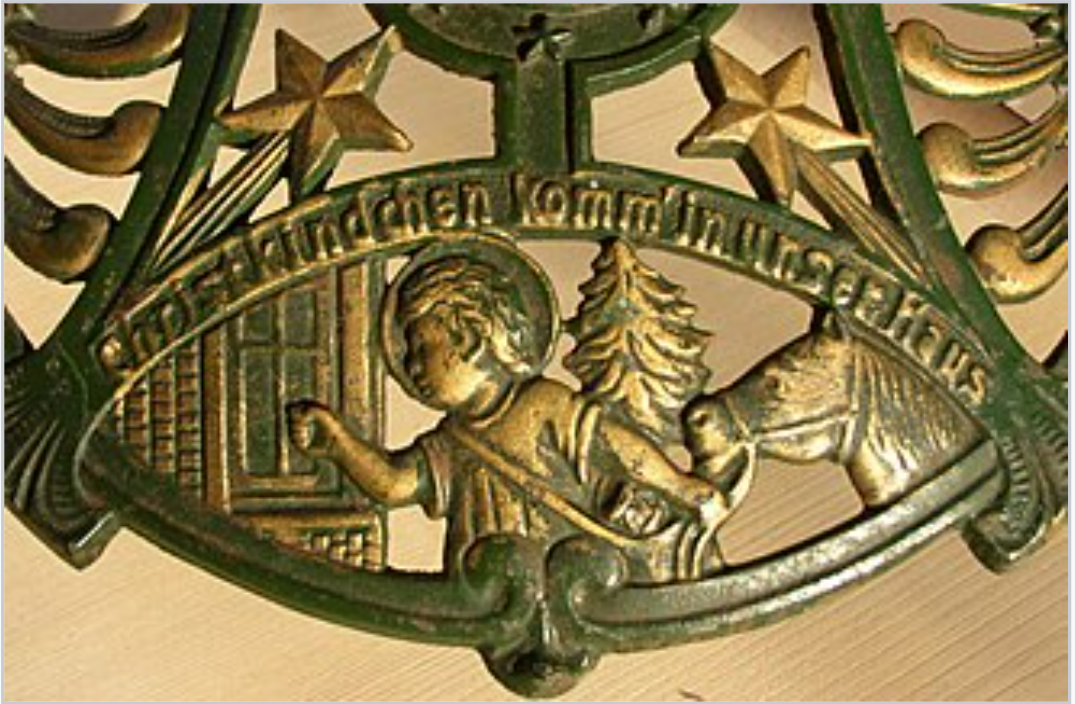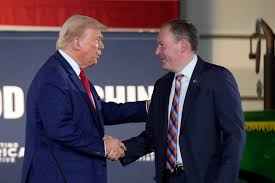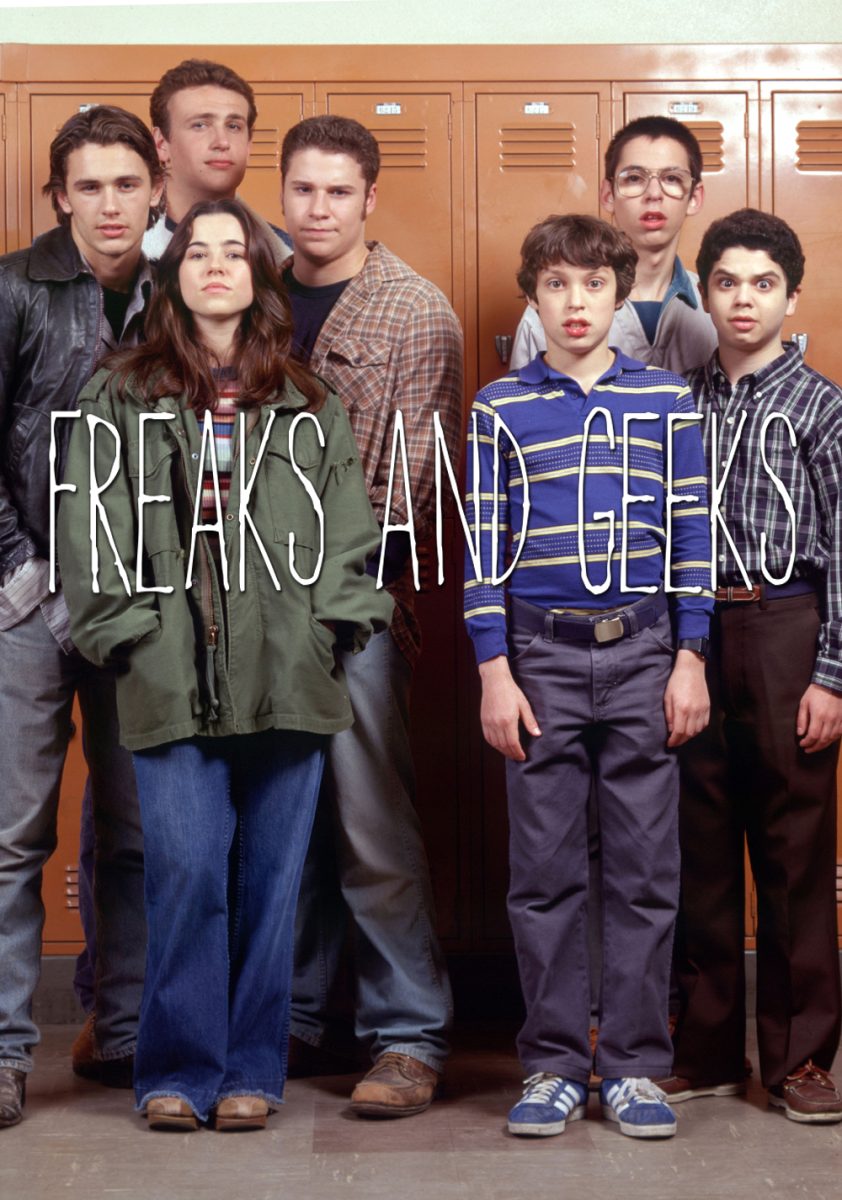By Brad Banaszynski
Saving the environment by cutting down on pollution is a time sensitive subject in the world. We have the choice to either ignore climate change and watch the world rot, or to take action before it is too late. Yoram Bauman, a PhD economist and stand-up comedian, thinks there is a cheap, proven fix to one of the world’s biggest problem.
“We should make the bad stuff more expensive, and the good stuff cheaper.” In the simplest terms, this is Bauman’s plan to save our planet. Of course, he’s developed details beyond the very general plan of making pollutants more expensive. His proposal, which will appear on a ballot in Washington state this fall, would make a bad thing like pollution more expensive by putting a tax on each ton of carbon dioxide created by cars, power plants, etc. The plan would encourage clean energy, shorter commutes, and cleaner air in our cities. One of the best parts of Bauman’s carbon-tax proposal is that it aims to be “revenue neutral,” meaning that all of the money the state collects from the tax on carbon will be returned to the people and businesses as tax breaks. In other words, this plan shouldn’t be seen as another tax that just puts money into the government’s pocket because it is fundamentally different.

The tax would show up at the gas pump and also on electric bills for businesses and homes. Over time, increased prices would theoretically push people and businesses towards clean-energy resources that don’t pollute our planet. The concept has been gaining momentum after economists, environmentalists, climate scientists, and even oil executives from Exxon Mobil have backed the theory.
Part of the reason why this proposal is being taken so well is because it would use the market, and not government regulations to fight pollution. Instead of the government getting involved by passing strict rules for industries or supporting cleaner energy through subsidies, they could let economics’ rules of supply and demand fight their battle for them. Consumers don’t like high prices, especially when there are cheaper substitutes, so the more they have to pay to keep polluting the planet, the less they will want to go fill up their Hummer trucks every other day at the gas station. If Bayman’s proposal passes in Washington state and proves effective, it may not be long before the country sees a nation-wide carbon tax.


























